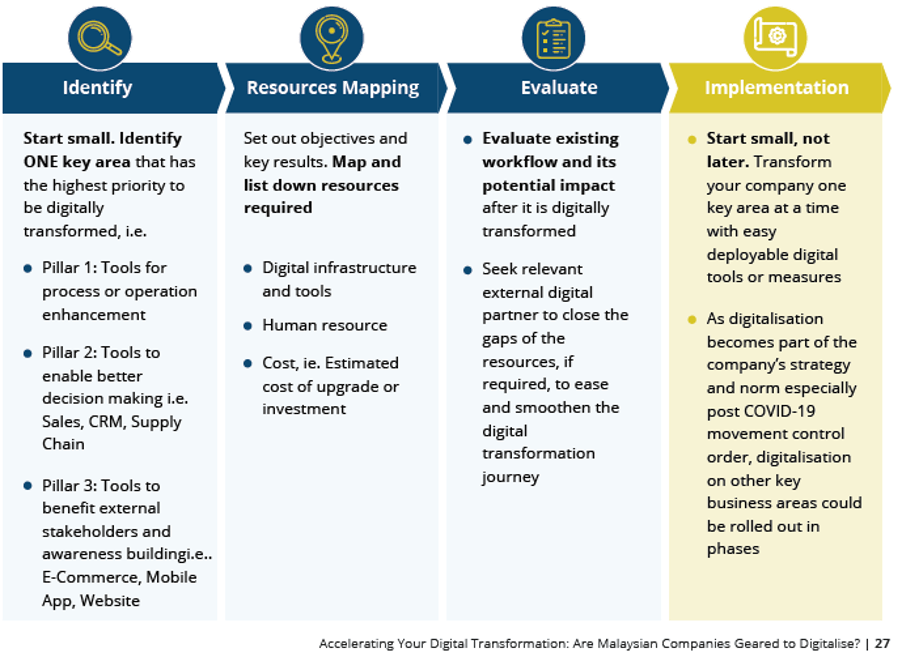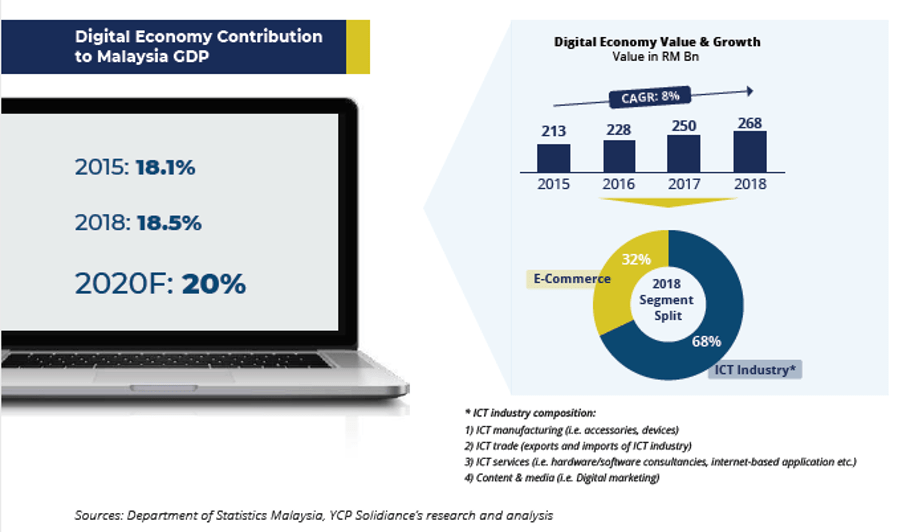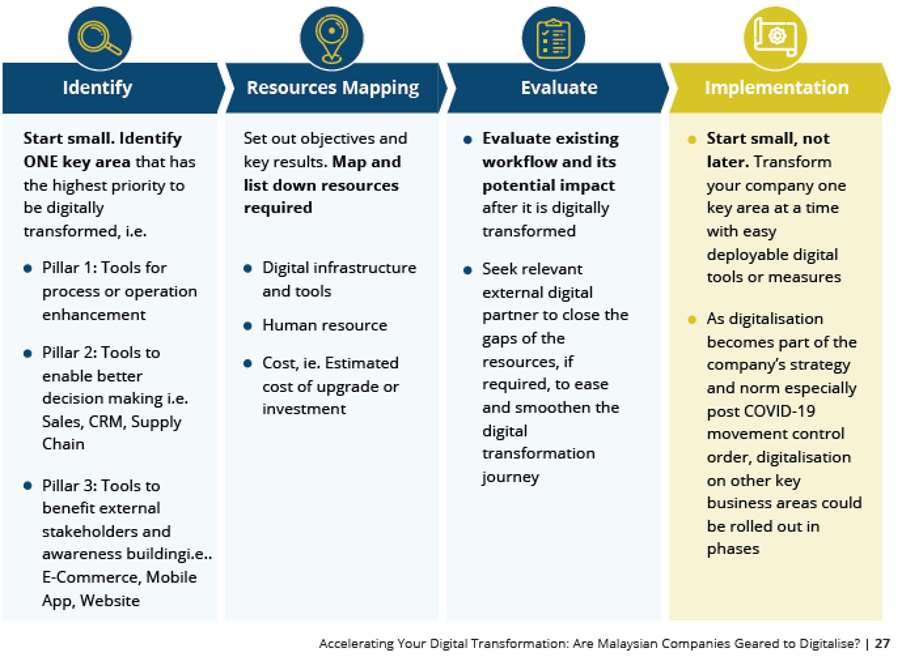

As a part of the Short-Term Economic Recovery Plan which has been recently announced by Prime Minister Tan Sri Muhyiddin Yassin to alleviate the worst effects of the COVID-19 pandemic, the government of Malaysia is planning to establish the RM1.2 billion Penjana Nasional Fund.
The Prime Minister stated that the fund would be used to drive Malaysia’s economic recovery and support the digitalisation of Malaysian businesses by channelling funding from international investors into the local venture capital space. The government will allocate RM600 million and another RM 600 million would come from domestic and international investors.
The government will also designate another RM100 million to complement the digitalisation effort by setting up the National Technology and Innovation Sandbox, to be initiated by the Ministry of Science, Technology, and Innovation.
To further encourage digitalisation, the government is also encouraging trade via e-commerce platforms through Campaign Shop Malaysia Online. The government has allocated approximately RM70 million to support e-commerce platforms as well as the establishment of dedicated Malaysian local products and services channels.
The government is also encouraging e-wallet usage and boosting consumer spending through the RM750 million ePenjana Programme which will be implemented in July. Eligible e-wallet users will get RM50 worth of credits per person and an additional voucher, cashback, and discounts worth RM50 from e-wallet service providers.
The short-term economic recovery plan which encompasses 40 initiatives worth RM35 billion brings the theme of "Building the Economy Together”, aiming to develop and revive the national economy. It is the fourth part of the 6R approach (Resolve, Resilience, Restart, Recovery, Revitalise and Reform) in overcoming the health and economic challenges due to the COVID-19 pandemic.
The various digital roadmaps launched by the Government have enabled Malaysia to be on track in transitioning the country towards becoming a knowledge-based economy, leveraging on digitalisation. Malaysia’s digital economy contributed approximately 18.5% to the nation’s economy in 2018, with 8% CAGR between 2015 – 2018 at 8%.

This growth signifies an increasing potential for businesses to digitalise their processes and transform traditional brick and mortar businesses to include online channels. However, the digital state of Malaysia’s economic sectors, based on the ratio of internet usage percentage to total establishments is still at an average of 73% as at 2017. Digital adoption by certain economic sectors is still lagging and digital acceleration in the private sectors is required for Malaysia to achieve its national digital transformation agenda.
Embracing digitalisation is often seen as a large scale, complex, and multi-year plan. The latest report from YCP Solidiance on digitalisation of Malaysian companies recommended companies to kick start their digitalisation transformation journey, from the angle of one transformation at a time, materialising the intentions into actions.

Companies should adopt an incremental digitalisation approach to achieve quick wins and subsequently realise the bigger picture. Start with one area, start small. Identify a prioritised area to be digitalised. Moreover, the impact from COVID-19 has highlighted more so than ever the benefits and importance of digitalisation which would enable businesses to not only adapt but to thrive in the “new normal”.
Considering the current economic climate, the immediate priority is to ensure business continuity, in which digitalisation might be the most optimal solution. Nevertheless, it is strongly advisable for all companies, SMEs and large corporations alike, to accelerate their digitalisation plans, starting with a clear and intentional digital strategy incorporated into the business plan.
Source white-paper: https://ycpsolidiance.com/white-paper/accelerating-your-digital-transformation-are-malaysian-companies-geared-to-digitalise

The Latest Developments in Cryptocurrency Adoption in SEA
The cryptocurrency market in Southeast Asia (SEA) has seen exponential growth in recent years. The revenue of cryptocurrency in the region was around USD 1,384 million in 2023 and is expected to grow by USD 1 million in the next four years. Countries like Indonesia, Singapore, and the Philippines are at the forefront of this digital revolution. The region's young, tech-savvy population, coupled with increasing internet penetration, has created a fertile ground for the adoption of cryptocurrencies. Currently, the crypto market in SEA is valued at several billion dollars, with projections indicating continued growth.

An Overview of the Halal Cosmetics Market in Malaysia
The halal cosmetics market in Malaysia has been experiencing significant growth. It is driven by a combination of increasing consumer awareness, government support, and the rising demand for halal-certified products among both Muslim and non-Muslim consumers.

How Digital Marketing is Transforming the Automotive Lubricants Market in Southeast Asia
In recent years, digital marketing has emerged as a transformative force in the Southeast Asian (SEA) automotive lubricants market. The region's rapidly growing internet penetration and increasing smartphone usage have created fertile ground for innovative digital strategies. This evolution is reshaping how companies engage with customers and streamline their operations, offering numerous opportunities for growth and efficiency.

Exploring New Business Models for a Sustainable Future
Transitioning towards new sustainability business models can help companies drive positive change and contribute to a more sustainable future.